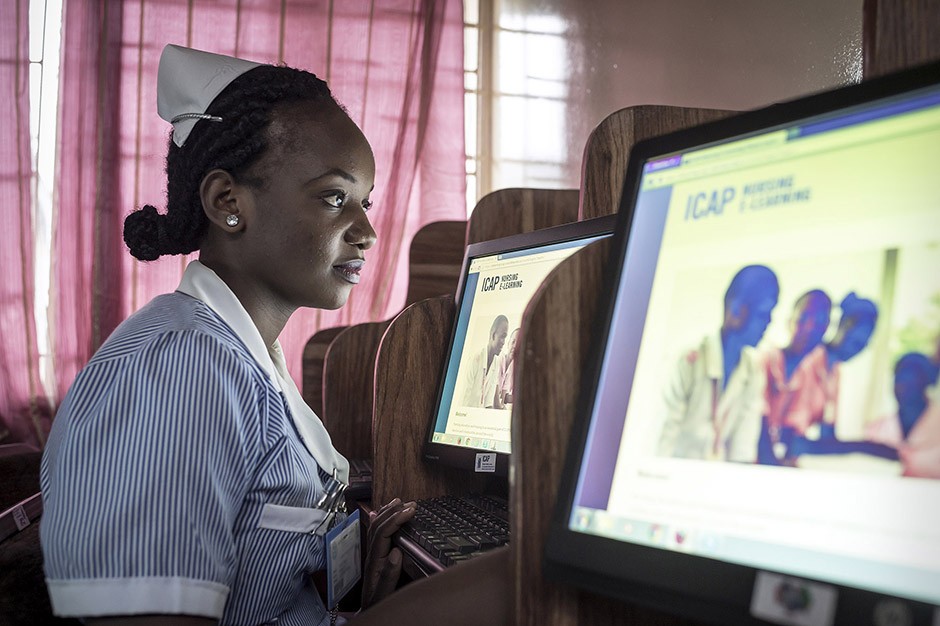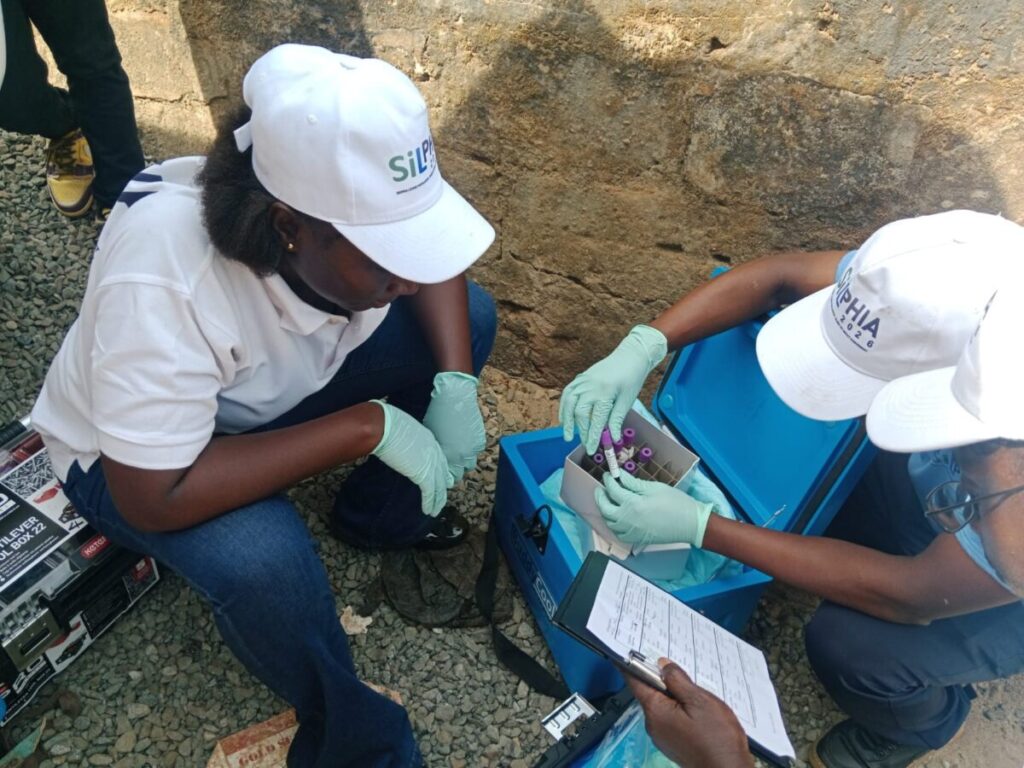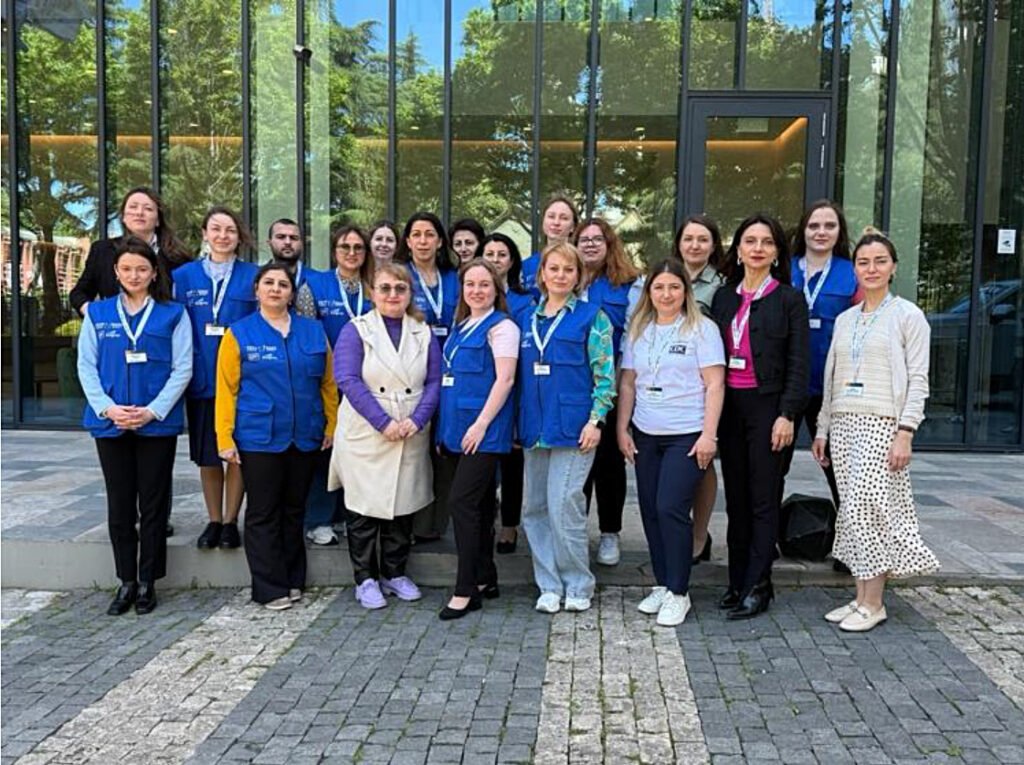NEPI
The Nurse Education Partnership InitiativeMission
Transforming Nursing and Midwifery Education in sub-Saharan Africa: The PEPFAR NEPI Initiative (2012-2016)
The Nurse Education Partnership Initiative (NEPI) was a special initiative to address the critical shortage of health care workers in sub-Saharan Africa by strengthening the quality and capacity of nurses and midwives.
Starting in 2011, NEPI prepared the next generation of nurses and midwives to lead, change, and shape the future of health care in Africa. Launched in support of PEPFAR’s goal to train at least 140,000 new health care workers, NEPI leveraged collaborative academic-practice partnerships and innovative clinical learning strategies to increase and retain the number of highly skilled nurses and midwives in Lesotho, Malawi, Zambia, Ethiopia, the Democratic Republic of Congo (DRC), and South Africa.
The five-year initiative was funded by HRSA and led by ICAP—a leader in delivering transformative health solutions to meet the health needs of individuals, families, and communities around the world. ICAP has expertise in building workforce capacity and a portfolio of projects strengthening health systems in the most resource-challenged settings.
Since 2003, ICAP has supported national HIV prevention, care and treatment strategies that enhance nursing capacity at all levels of the health system.
Objectives

- Strengthen nursing education infrastructure
- Improve the quality and relevance of teaching and learning
- Improve the capacity of nursing and midwifery faculty
- Strengthen governance, leadership, and administrative capacity of nursing education institutions
- Enhance partnerships with national and regional nursing education networks
NEPI was guided by principles of country ownership and partnership, consultative and collaborative planning, capacity building, and technical expertise for education strengthening.
Countries and Partners
NEPI also partnered with ministries of health to establish advisory groups in each country that ensured stakeholder consensus on NEPI’s strategic direction; advised on institutional assessments, school selection, and prioritization of capacity-building activities; coordinated the involvement of government partners; facilitated access to ministerial decision-making bodies; advocated for the establishment of regulatory bodies; and integrated the project into the country’s human resources for health plans.
International Partners:
- International Council of Nurses (ICN)
- International Confederation of Midwives (ICM)
- WHO: Guidelines for Transformative Health Professional Education and Training
- Medical Partnership Initiative (MEPI)
- Columbia University School of Nursing
- Association of Nurses in AIDS Care (ANAC)
- Global Health Services Partnership (GHSP)
- African Regulatory Collaborative (ARC)
Regional Partners:
- WHO-Africa
Country Partners:
- Ministries of Health
- USG Agencies
- Nursing and Midwifery Schools
- Nursing and Midwifery Associations/Councils
- In-Country Partner Organizations
- South African Nursing Council (SANC)
- Forum of University Nursing Deans in South Africa (FUNDISA)
- Democratic Nursing Organization of South Africa (DENOSA)
- Nursing Education Association of South Africa (NEA)
- Society of Midwives of South Africa (SOMSA)
- College Principals and Academic Staff (CPAS)
Nursing Schools NEPI Supports:
Democratic Republic of Congo
- Kintambo Institut des Techniques Médicales (Niveau Secondaire)
- Kamalondo Institut des Education Médicales
- Kinshasa Institut Supérieur des Techniques Médicales
- Lubumbashi Institut des Techniques Médicales (Niveau Secondaire)
Ethiopia
- Addis Ababa University
- Gondar University
- Arba Minch Health Sciences College
Lesotho
- National Health Training Center (NHTC)
- Paray Hospital and School of Nursing
- Maluti Adventist Hospital and School of Nursing (MAH)
- Roma College of Nursing (RCON) of St. Joseph’s Hospital
- Scott Hospital and School of Nursing (SHSON)
- National University of Lesotho (NUL)
Malawi
- Mzuzu University
- Kamuzu College Nursing, Malawi University
- Malawi College of Health Sciences
Zambia
- Lusaka School of Nursing
- Monze School of Nursing
- Department of Nursing Sciences, University Zambia






